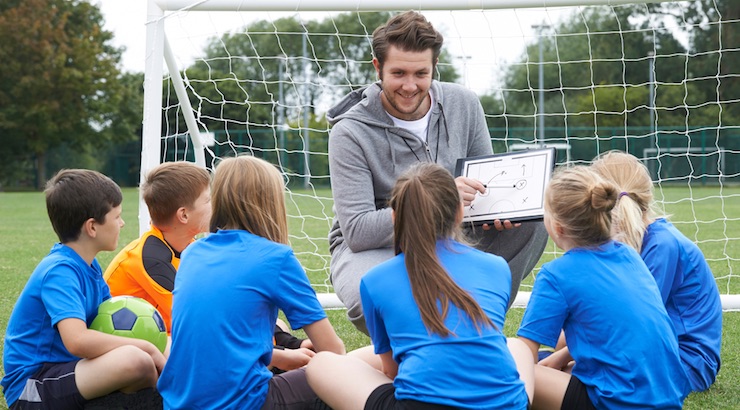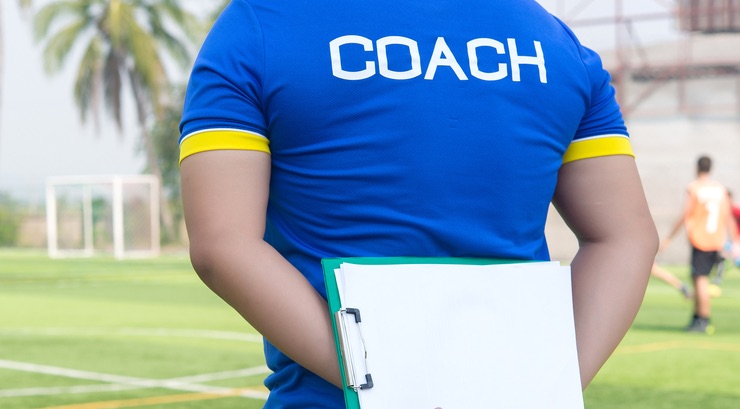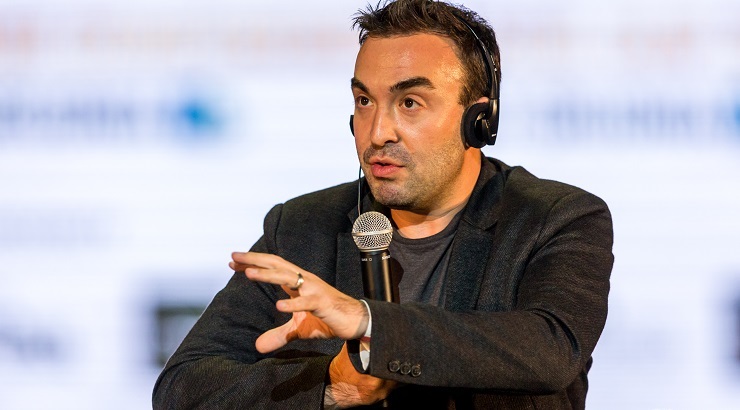Soccer Advice From A Pro: Dan Abrahams on The Secret to Better Soccer
Desirable traits that coaches look for in a player do not always tend to be those that are found in the technical aspect of the games.
The necessity for an aspiring youth soccer player to listen and be coachable is at times a main key point for player development. The ability for coaches to communicate with their players on and off the pitch requires multiple characteristics, it ultimately helping to get the most out of training.
SoccerToday columnist Dan Abrahams discusses the necessity for players to be coachable and specific traits that can keep a player on track.

I was recently having a conversation with a very well-known English soccer coach about some of the best players he’s ever coached. Several names were mentioned – very famous names indeed. During the chat we spoke about what he felt was the most important quality a player possesses. You may be surprised by his answer.
He didn’t say ball control or running with the ball. He didn’t say tackling, shooting or heading. He didn’t mention vision, awareness or game intelligence.
But the answer he gave me cleverly relates to all of those components of the game.

He told me that …
The single most important asset or quality a soccer player needs to possess is the ability to be coachable.
That’s right! This very famous coach – a man who has delivered training sessions to some of the best soccer players in the world, told me that openness to being coached was, for him, the most critical essential in the playbook of any aspiring footballer.
I agree with him!
It doesn’t matter if you are introverted or extroverted.
It doesn’t matter where you come from, what religion you are, what race or what nationality you are.
What’s important is that you must be coachable.
You must be willing to listen. You must be willing to pay attention to whatever your coaches are telling you.
You must be an expert learner. You must be coachable.
The skill you naturally possess will only get you so far. It won’t automatically get you to the table of champions. If you’re one of the best in your team then well done you. Now how can you go improve? What have you got to do to get better? You must be coachable.

Be a great listener. Pride yourself in hearing the small details that your coaches tell you. Listen closely – lying within their advice are the tips that can help you improve – and they’re gold-dust. They offer the keys to being the very best you can be. You must be a great listener – you must be coachable.
Enjoy being corrected. It may be hard, but try.
I’ve met so many players, young and seasoned, who don’t like being told what they need to be better at. They tell me it’s negative.
Instead enjoy being criticized.
Soccer players tell me that being corrected — or this kind of negative feedback — can damage their confidence. But this couldn’t be further from the truth.
Becoming acquainted with your weaknesses is your passport to an improved game.
You must enjoy being corrected – you must be coachable.

Ask questions! Ask questions to unpick what your coaches are telling you. It’s your responsibility to get that picture of improvement right in your mind. It’s your job to understand what’s being asked of you. It’s your job to become acquainted with the tactics your coaches want you to employ. It’s your job to ‘get it’. Ask questions, be inquisitive – you must be coachable.
Practice – love to practice. Coachable players are passionate about taking the time to work on their limitations. Coachable players can be seen on the training pitch long after everyone else has retired to the changing room.

Coachable players try and fail, try and fail, try and fail. Coachable players are creative – they invent games and fun exercises that help them focus and enjoy the learning process.
Coachable players they love to learn. They love to improve. They love to develop and get better. You must be coachable.
Set goals. Coachable players break down their games into smaller components and set targets in each and every area. They aim to get better mentally, physically, technically and tactically. They have a vision of better and set their sights on working towards this end in mind. They have no limits – they believe their job is to think, to train and to play like there is no limit to their ability. You must be like this also – you must be coachable.

Dan Abrahams is a global sport psychologist specializing in soccer. He is based in England and has some of the leading turn-around stories and case studies in English Premier League history.
Abrahams is sought after by players, coaches and managers across Europe and his 2 soccer psychology books are international bestsellers. He is formerly a professional golfer, is Lead Psychologist for England Golf and he holds a degree in psychology and masters degree in sport psychology.





